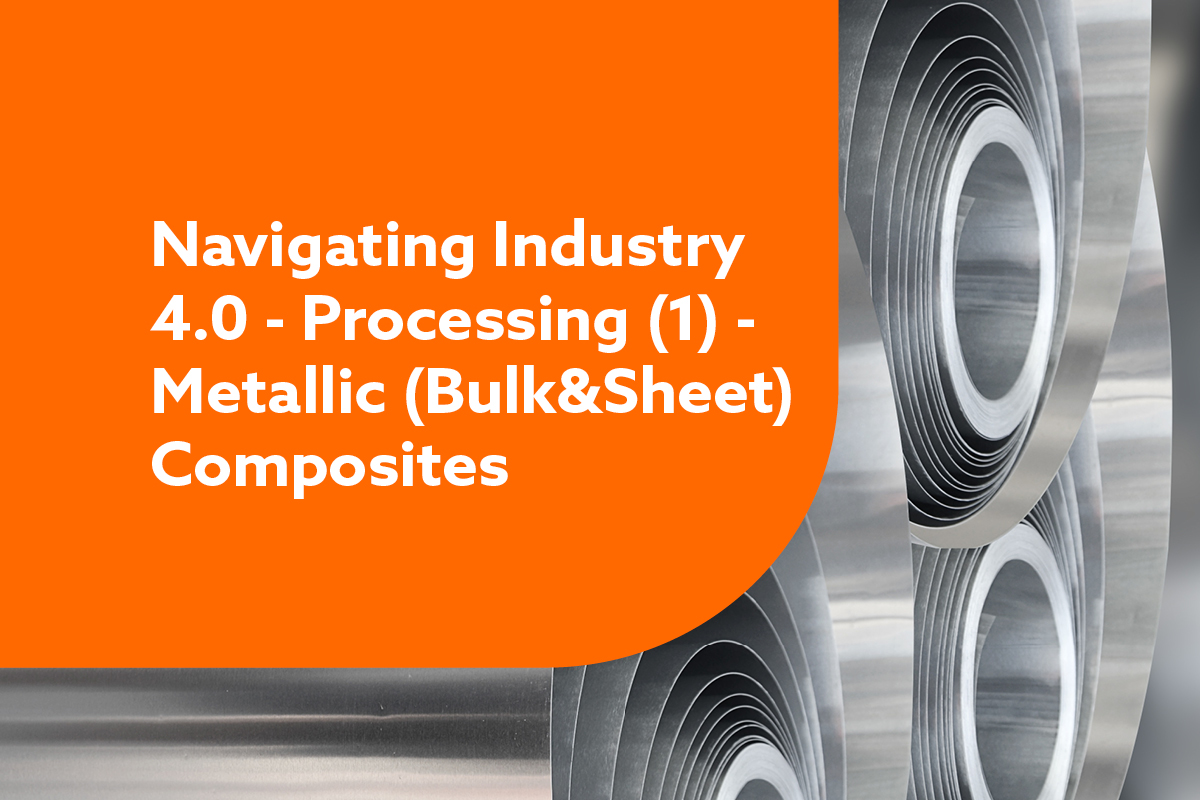Navigating Industry 4.0 - Processing (1) - Metallic (Bulk&Sheet) Composites

You are invited to join us for the second webinar in the series Navigating Industry 4.0 in Materials, Minerals & Mining.
Processing (1) - Metallic (Bulk&Sheet) Composites
This seminar offers an insight into how the processing of metallic materials and composites are benefiting from Industry 4.0
The focus will be on real-world industrial examples to show how manufacturing is advancing and benefitting from Industry 4.0. We will draw from knowledge of the pillars of Industry 4.0 including system integration, simulation, smart data, cloud computing and more.
This can be viewed as a stand-alone lecture or as part of the full Navigating Industry 4.0 in Materials, Minerals and Mining seminar series.
You will hear from:
Dr Laura Baker, Tata Steel UK
- Steel in a Digital World
Dr Mohamed Mohamed, HFQ Technology Associates
- Modern Trends in Sheet Metal Forming Technologies: Advancements, Applications, and Innovations
-
Sheet metal forming can be straightforward for simple-shaped parts but poses challenges depending on design complexity and meeting customer requirements. Advanced techniques like hydroforming, superplastic forming, and intricate processes such as modern Hot Forming and cold die Quenching (HFQ®) require precise control, effective tool design, and a deep understanding of material behaviour, especially at high temperatures.
-
HFQ® is particularly complex, characterised by dynamic variations in strain rate and temperature. Over ten years of materials characterisation, modelling, and validation testing, the development of HFQ® technology has addressed poor formability in high-strength aluminium alloys. Seamless integration and optimisation of all process parameters require careful calibration and validation of the HFQ simulation model.
-
To achieve this, we developed a novel damage model to predict failure limits during HFQ forming. Calibration relies on a high-quality dataset, including uniaxial tensile data and forming limit curve data across various temperature and strain rate regimes. Our material testing and modelling facility at HFQ Technology Associates, equipped with digital image correlation (DIC) and an optimisation code, ensures efficient calibration of the advanced continuum damage mechanical model.
Dr Amit Visrolia, National Composites Centre
- Applications of Machine learning and AI in composites manufacturing
Dr Aimee Goodall, Tata Steel UK
This covers a range of academic and university backgrounds with plenty of subject knowledge.
This seminar can be counted towards Continuous Professional Development (CPD) hours. If you require any more information, please email us at [email protected]

